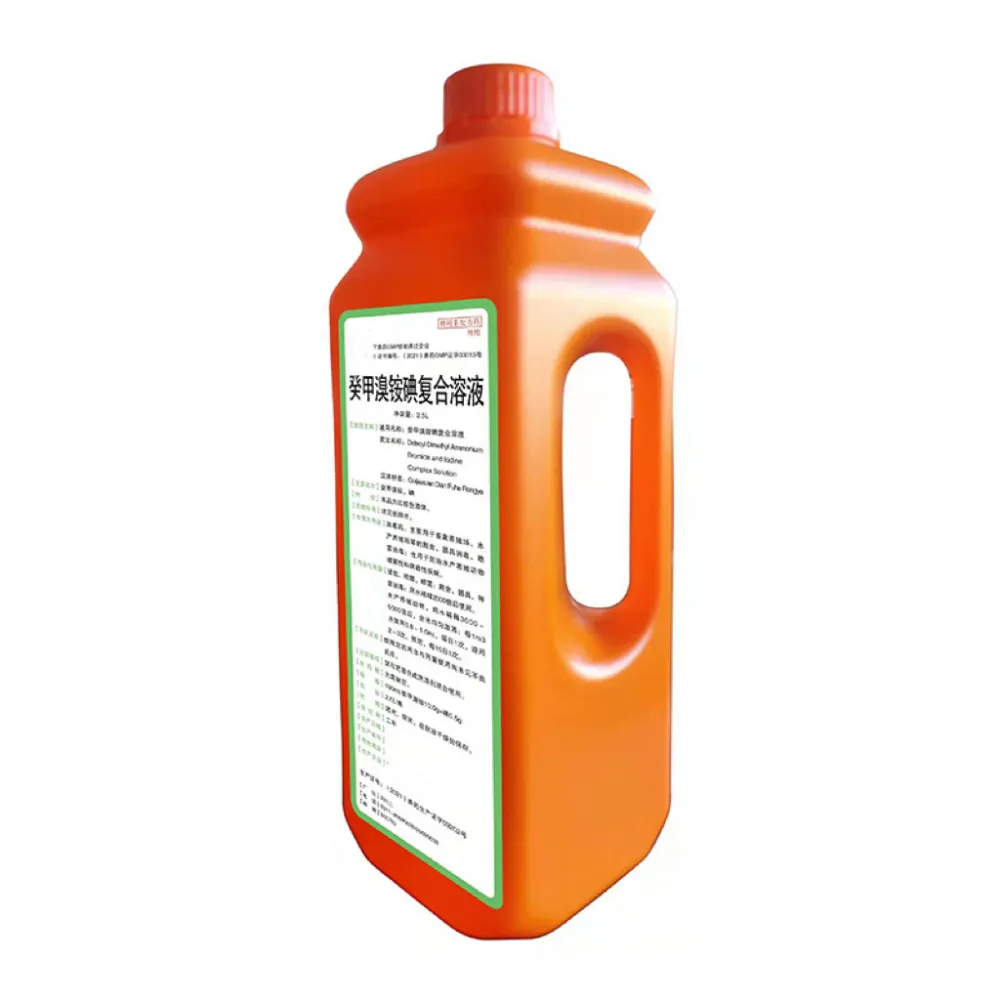- Afrikaans
- Albanian
- Amharic
- Arabic
- Armenian
- Azerbaijani
- Basque
- Belarusian
- Bengali
- Bosnian
- Bulgarian
- Catalan
- Cebuano
- Corsican
- Croatian
- Czech
- Danish
- Dutch
- English
- Esperanto
- Estonian
- Finnish
- French
- Frisian
- Galician
- Georgian
- German
- Greek
- Gujarati
- Haitian Creole
- hausa
- hawaiian
- Hebrew
- Hindi
- Miao
- Hungarian
- Icelandic
- igbo
- Indonesian
- irish
- Italian
- Japanese
- Javanese
- Kannada
- kazakh
- Khmer
- Rwandese
- Korean
- Kurdish
- Kyrgyz
- Lao
- Latin
- Latvian
- Lithuanian
- Luxembourgish
- Macedonian
- Malgashi
- Malay
- Malayalam
- Maltese
- Maori
- Marathi
- Mongolian
- Myanmar
- Nepali
- Norwegian
- Norwegian
- Occitan
- Pashto
- Persian
- Polish
- Portuguese
- Punjabi
- Romanian
- Russian
- Samoan
- Scottish Gaelic
- Serbian
- Sesotho
- Shona
- Sindhi
- Sinhala
- Slovak
- Slovenian
- Somali
- Spanish
- Sundanese
- Swahili
- Swedish
- Tagalog
- Tajik
- Tamil
- Tatar
- Telugu
- Thai
- Turkish
- Turkmen
- Ukrainian
- Urdu
- Uighur
- Uzbek
- Vietnamese
- Welsh
- Bantu
- Yiddish
- Yoruba
- Zulu
10 月 . 12, 2024 00:28 Back to list
gentamicin sulfate for horses
Gentamicin Sulfate for Horses A Comprehensive Overview
Gentamicin sulfate is an aminoglycoside antibiotic that is commonly used in veterinary medicine, particularly for treating infections in horses. Its effectiveness against a wide range of Gram-negative and some Gram-positive bacteria makes it a popular choice among veterinarians when faced with serious bacterial infections. Understanding the use, benefits, risks, and administration of gentamicin sulfate is essential for horse owners and caretakers alike.
What is Gentamicin Sulfate?
Gentamicin was first discovered in the 1960s and has since been used extensively due to its potent antibacterial properties. The sulfate form is the most common formulation used in veterinary practice. In horses, it is commonly prescribed for treating conditions such as respiratory infections, wound infections, osteomyelitis, and other systemic bacterial infections. The drug is typically administered via injection, which allows for rapid absorption and response in the infected tissues.
Mechanism of Action
Gentamicin sulfate works by inhibiting bacterial protein synthesis. It binds to the 30S ribosomal subunit of the bacteria, disrupting the translation process necessary for bacteria to produce proteins vital for their growth and reproduction. This mechanism ultimately leads to cell death, making gentamicin an effective treatment option for various bacterial infections.
Indications for Use
Veterinarians may prescribe gentamicin sulfate for several indications
1. Respiratory Infections Due to its effectiveness against common pathogens in the equine respiratory tract, gentamicin can be pivotal in treating conditions like pleuropneumonia. 2. Wound Infections It is often utilized in cases where open wounds show signs of bacterial infection, due to its ability to penetrate tissues effectively.
3. Musculoskeletal Infections Conditions such as osteomyelitis, which may arise from puncture wounds or other injuries, are also treated with gentamicin to eliminate the underlying infection.
gentamicin sulfate for horses

4. Post-Surgical Prophylaxis In surgical settings, prophylactic use of gentamicin may help prevent infections in high-risk cases.
Administration and Dosage
Gentamicin sulfate is typically given through intramuscular or intravenous injections, depending on the severity of the infection and the veterinary surgeon’s recommendations. The exact dosage varies based on the horse’s weight, the type of infection being treated, and the overall health of the animal. Generally, a standard dose may range from 3 to 5 mg/kg every 24 hours, but it is crucial for dosage and administration to be carried out under a veterinarian’s guidance to prevent complications.
Potential Side Effects and Risks
Like all medications, gentamicin sulfate can have side effects. The most significant risks associated with gentamicin include nephrotoxicity (kidney damage) and ototoxicity (hearing loss). These risks are particularly pertinent in horses with pre-existing kidney issues or those receiving lengthy courses of treatment. Regular monitoring of kidney function through blood tests is essential for horses on prolonged gentamicin therapy.
Resistance and Considerations
The emergence of antibiotic resistance is a growing concern in both human and veterinary medicine. Gentamicin’s use must be judicious, and it is essential for veterinarians to perform susceptibility testing to ensure that the bacteria involved are sensitive to this antibiotic. Avoiding unnecessary use of antibiotics is crucial for preventing the development of resistant bacterial strains.
Conclusion
Gentamicin sulfate remains an invaluable tool in the veterinary arsenal for treating serious bacterial infections in horses. With its broad-spectrum effectiveness, timely intervention can significantly impact the recovery of equine patients. However, responsible use, monitoring for side effects, and adherence to veterinary guidelines are critical components to ensure the health and safety of horses receiving this potent antibiotic therapy. Horse owners should always consult with their veterinarian for the best practices tailored to their horse’s specific health needs, ensuring effective treatment while mitigating risks associated with antibiotic therapy.
-
The Power of Radix Isatidis Extract for Your Health and Wellness
NewsOct.29,2024
-
Neomycin Sulfate Soluble Powder: A Versatile Solution for Pet Health
NewsOct.29,2024
-
Lincomycin Hydrochloride Soluble Powder – The Essential Solution
NewsOct.29,2024
-
Garamycin Gentamicin Sulfate for Effective Infection Control
NewsOct.29,2024
-
Doxycycline Hyclate Soluble Powder: Your Antibiotic Needs
NewsOct.29,2024
-
Tilmicosin Premix: The Ultimate Solution for Poultry Health
NewsOct.29,2024













